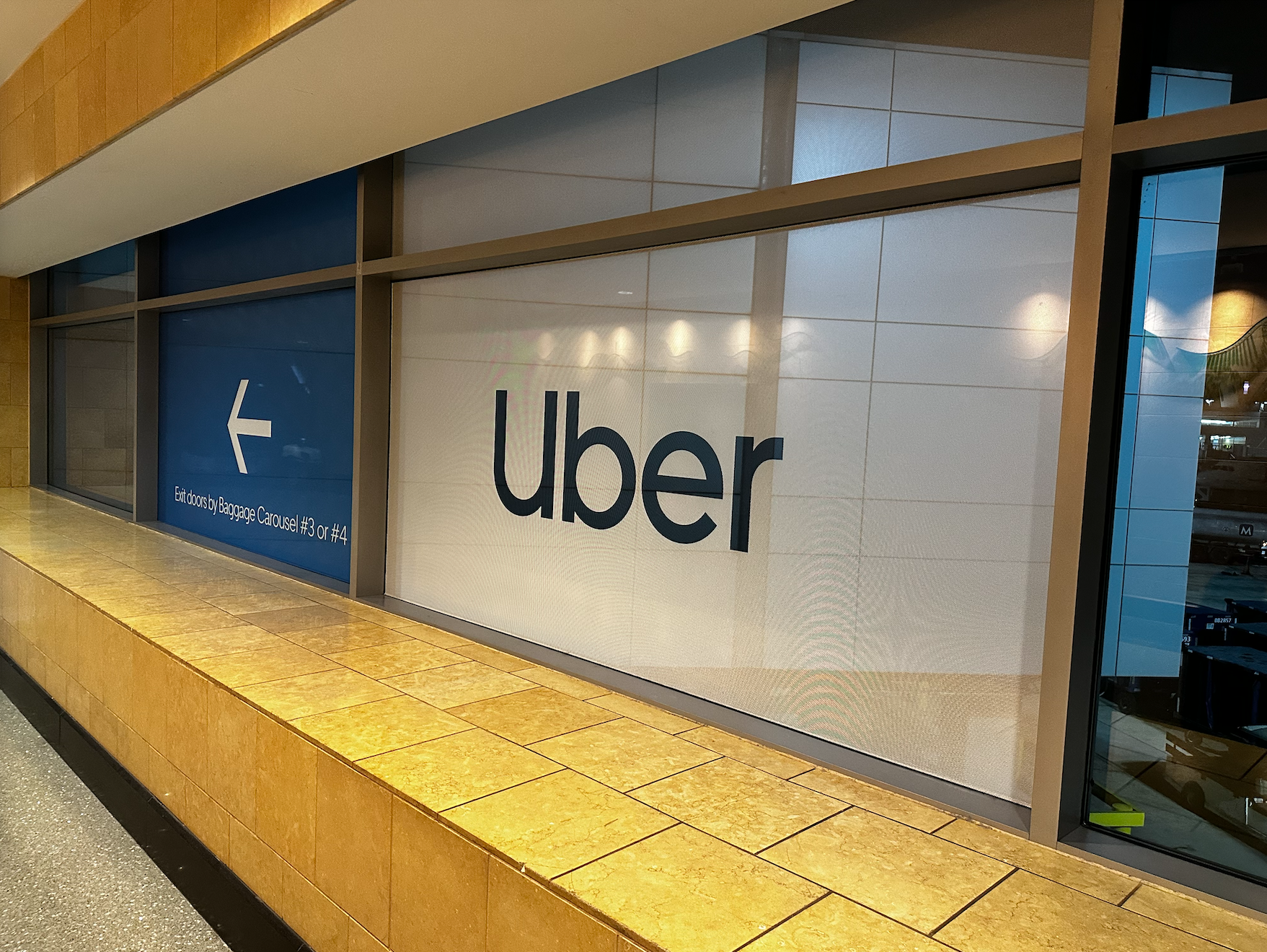Uber finds itself at the center of a rapidly escalating legal storm, as more than 250 sexual assault lawsuits have been consolidated into a multidistrict litigation (MDL) in California federal court. As part of an effort to stop or stall the mounting claims, the rideshare company recently filed a motion arguing that the Terms of Service Agreement on the Uber app contractually bars plaintiffs from participating in coordinated proceedings like the MDL. Last week, the federal judge overseeing the Uber sexual assault MDL, Sr. District Judge Charles R. Breyer, rejected Uber’s argument, ruling that the lawsuits would not be broken up.
Lawsuits Accuse Uber of Failing to Prioritize Passenger Safety
Rideshare companies like Uber and Lyft face a troubling number of claims alleging that the companies failed to take reasonable measures to protect passengers from sexual assaults, sexual harassment, rapes, and other types of rideshare assault. Despite Uber’s repeated claims of prioritizing passenger safety, the company has consistently failed to implement robust measures to protect its users, leading to a troubling surge in reported incidents.
In a desperate bid to avoid the consequences of its negligence, Uber sought to leverage the language of its Terms of Service Agreement to break up the consolidated lawsuits. The company argued that the “non-consolidation clause” in its user agreement prevented passengers from participating in coordinated legal actions like the ongoing multidistrict litigation (MDL). However, this tactic was swiftly rejected by the presiding judge, who ruled that such a clause would “nullify the judiciary’s ability to manage litigation” and interfere with the public interest.
The Scope and Significance of the Uber Sexual Assault MDL
The Uber sexual assault MDL, centralized in the Northern District of California, is shaping up to be one of the largest federal sexual assault litigations in history. The consolidated complaint alleges that Uber has been aware of the sexual assault crisis plaguing its platform since as early as 2014, yet the company has consistently failed to implement meaningful safety measures to protect its passengers. With over 250 cases already consolidated and an estimated 1,000 or more expected to join the litigation, the heated battle over Uber’s alleged failure to prevent sexual predators from becoming drivers and targeting passengers has the potential to fundamentally reshape the rideshare industry.
The Devastating Impact on Uber Sexual Assault Victims
The human toll of Uber’s negligence is staggering, with thousands of reported sexual assaults occurring on the platform over the years. In December 2019, Uber released a safety report revealing that it had received nearly 6,000 reports of sexual assault in 2017 and 2018 alone, including hundreds of reports of rape. The plaintiffs in the Uber sexual assault MDL are seeking not only monetary compensation for the harm they have suffered but also sweeping changes to Uber’s safety protocols, including mandatory in-vehicle surveillance, enhanced driver vetting, and a zero-tolerance policy for sexual misconduct.
Hundreds of Uber Sex Assault Lawsuits Will Move Forward
Judge Breyer’s decision to reject Uber’s Terms of Service argument clears the way for hundreds of Uber sexual assault lawsuits to move forward in the consolidated litigation, marking a pivotal moment in the fight for rideshare passenger safety. The outcome of the Uber sexual assault MDL has the potential to reshape the rideshare industry, potentially forcing companies to prioritize the well-being of their customers over profits. If successful, the litigation could compel Uber and other companies to implement comprehensive safety measures to ensure passengers are protected during rides.
Rideshare Assault Lawsuit Information
Uber’s Terms of Use Fails to Split Up Mass Sexual Assault Suits, Bloomberg Law
Consolidation creates massive sexual assault case against Uber, Courthouse News Service




